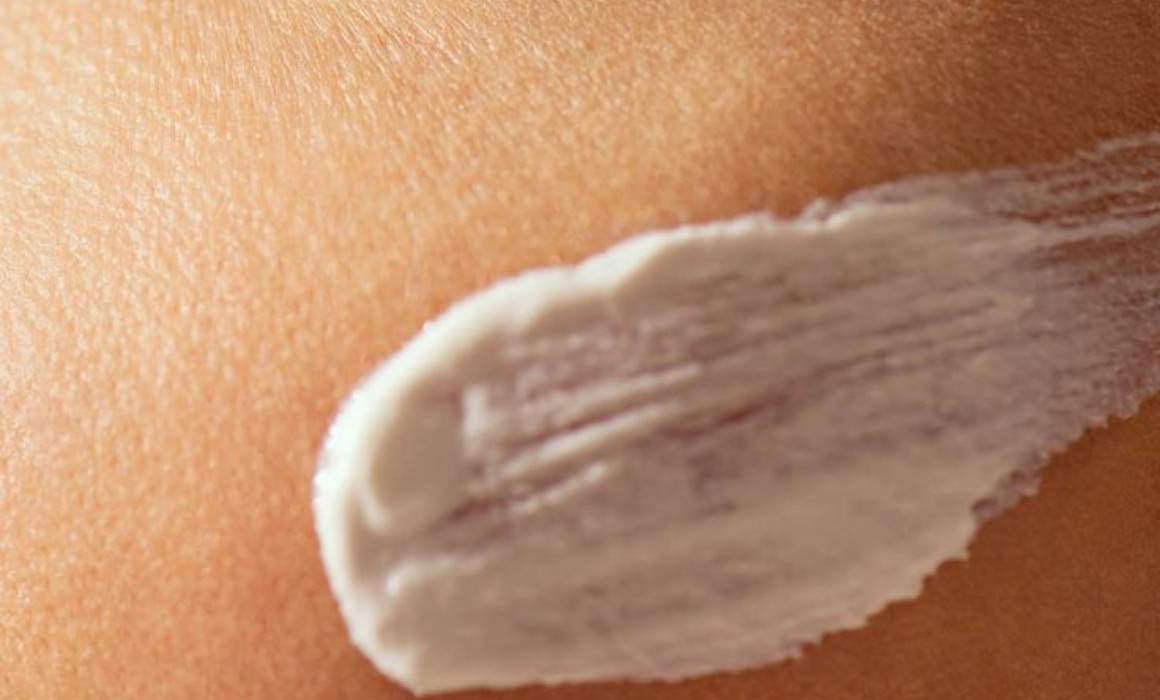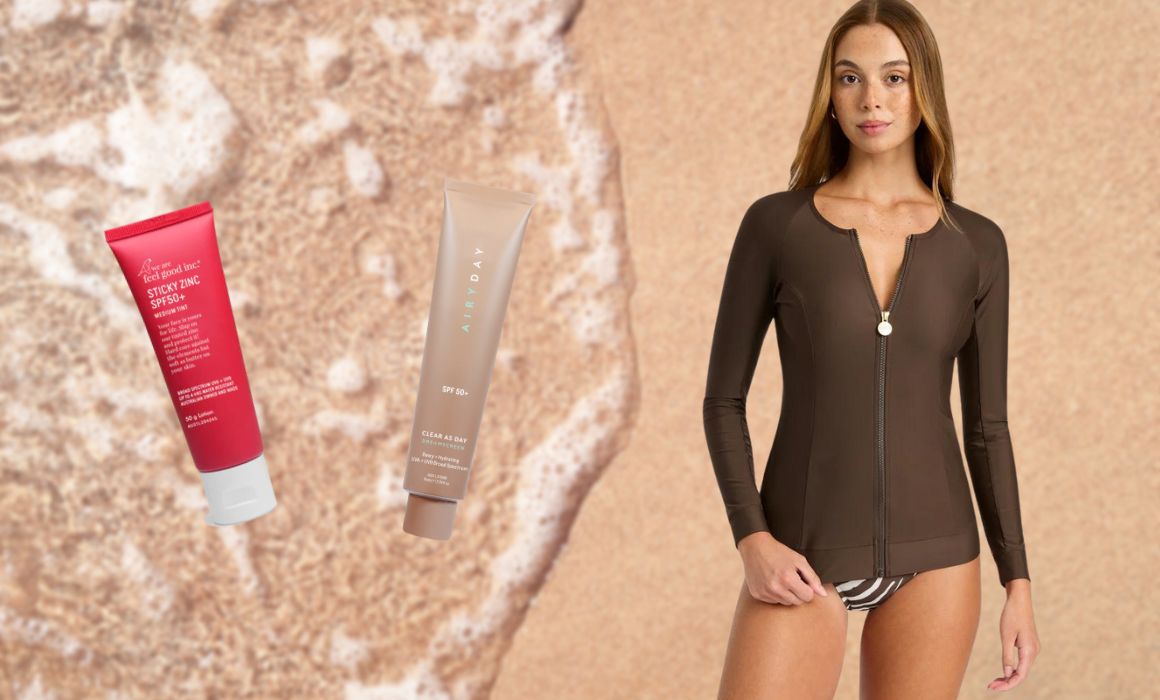Why Multitasking SPFs Just Won’t Cut It – Unveiling the Hidden Truth [UPDATED]

In the ever-evolving realm of skincare, the importance of SPF cannot be overstated. Yet, despite widespread awareness of the dangers of sun exposure, a startling revelation surfaces: a staggering 80% of Gen Z individuals either overlook or misunderstand the necessity of daily SPF application, as revealed by a recent survey conducted by SkinProud.
At Skin Clinic Blyss, we’re all about making sure your skin gets the best care possible. That’s why when it comes to sun protection, we’re a bit particular. You might wonder why we don’t recommend products with SPF already mixed in, like your moisturiser or foundation. The answer? It’s all about effectiveness and ensuring your skin gets the full benefit of sun protection.
Sun Protection Statistics
Among Gen Z, a concerning trend emerges: 63% forego daily SPF protection altogether, while a shocking 77% mistakenly believe they’re shielded by incorporating SPF into multi-tasking products such as foundations, moisturisers, or serums. However, this reliance on multitasking SPFs poses a critical question: are they truly effective?
Amidst Australia’s sobering reality of being one of the world’s hotspots for skin cancer, with statistics from the NSW Cancer Council painting a grim picture of two out of three individuals facing skin cancer by the age of 80, and 95% of melanoma cases attributed to sun exposure, the urgency of proper SPF usage cannot be overstated.

What About Multitasking SPF Products?
Navigating through a sea of misinformation propagated by digital platforms, influencers, and ill-informed celebrities, it becomes evident that seeking guidance from trusted sources, namely dermatologists or skincare experts, is paramount.
But what’s the crux of the issue with multitasking SPF products? Unlike dedicated SPFs, multitaskers merely incorporate SPF without meeting stringent TGA guidelines essential for true sun protection efficacy. Moreover, adhering to the Cancer Council’s recommendation of applying a generous 35ml of sunscreen per application underscores the impracticality of relying on multitasking products.
Are we truly covering every exposed inch with our beloved serums or foundations?
The Problem with All-in-One SPF Products
Products that combine SPF with your daily moisturiser or foundation sound like a convenient multitasker, right? The truth is, they often fall short in providing the level of protection your skin actually needs. Here’s why:
- Insufficient Coverage: To get the SPF protection advertised on the label, you’d need to apply a much larger amount of product than most people typically use. The average person doesn’t slather on a thick enough layer of foundation or moisturiser to achieve that SPF number.
- Dilution of Efficacy: When SPF is mixed into a formula with other ingredients, its effectiveness can be compromised. The active ingredients that protect you from UV rays might not be as stable or effective.
- Inconsistent Reapplication: Sunscreen needs to be reapplied every two hours, especially if you’re out in the sun. Are you really going to reapply your foundation or moisturiser that often? Probably not. This leaves your skin vulnerable to sun damage.

How To Protect Yourself from the Sun
The ramifications of inadequate sun protection may not manifest immediately, particularly among Gen Z individuals who have yet to witness the full extent of sun damage. However, prioritising sun safety need not be a daunting task. By adopting simple yet effective measures:
- Embrace protective clothing, including long sleeves and rash vests, especially during outdoor activities.
- Apply a liberal amount of SPF 30+ or higher, reapplying every two hours or after swimming or heavy perspiration.
- Opt for broad-brimmed hats to shield the face, nose, and ears from harmful UV rays.
- Seek shade during peak sun hours.
- Safeguard your eyes with stylish sunglasses offering UV protection.
- And don’t forget to schedule annual skin checks with a dermatologist, particularly if you have a family history of skin cancer or are deemed high risk.
Why Dedicated SPF is the Way to Go
We recommend using a separate, high-quality sunscreen as the last step in your skincare routine. Here’s why it’s crucial:
- Full Protection: A dedicated sunscreen is formulated to give you the maximum protection from UVA and UVB rays. It’s designed to sit on your skin and shield it effectively, without being diluted by other ingredients.
- Targeted Application: You can apply sunscreen generously and evenly, ensuring that every inch of your skin is protected. This way, you can be confident that you’re getting the full SPF value, not just a fraction of it.
- Optimal Reapplication: With a separate sunscreen, you’re more likely to reapply throughout the day, maintaining continuous protection. And yes, your skin will thank you for it!
Our Sun Protection Recommendations

Sun protection is non-negotiable. It’s the number one defence against premature aging, hyperpigmentation, and most importantly, skin cancer. Incorporating a dedicated SPF product into your daily routine is the best way to ensure your skin stays safe and healthy.
In the pursuit of reliable sun protection, we’ve curated a selection of top picks:
- “We Are Feel Good” Sticky Zinc ($34.95) — Offering impeccable protection without the sticky residue.
- The Aquabrand Rash Vests — Elevating sun protection with chic, and born under the Australian sun.
- Airyday SPF ($49) — A versatile range catering to every skin type, proudly Australian-owned. https://www.skinclinicblyss.com.au/shop/
In essence, let’s debunk the myth of multitasking SPFs and embrace a dedicated approach to sun protection, safeguarding not just our skin but our overall well-being. With May being Melanoma Awareness Month, it’s crucial we stay sun safe and embrace the importance of skin health.

Posted by Skin Clinic Blyss
in Skin Care
